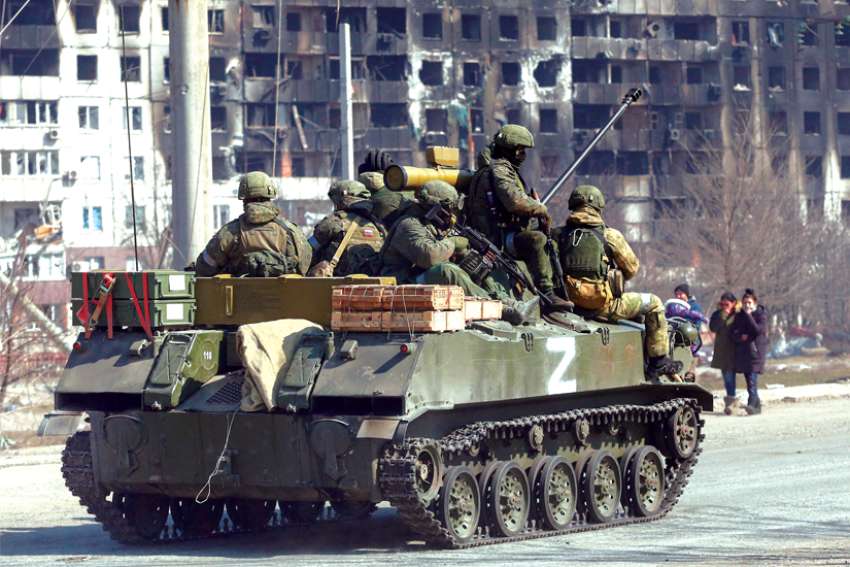The professor of religious studies at St. Jerome’s University at the University of Waterloo, in a lecture as part of the university’s Lectures in Catholic Experience series March 25, said there has been increased attention on the relationship between religion and nationalism. Many today are seeking to find an ethical response to the upsurge in religious-based violence around the world.
Seljak points to the work of Roman Catholic theologian Gregory Baum for ways to address the ethical problems raised by nationalist projects. In the session titled Why Religion and Nationalism Refuse to Die, he argues that while nationalism serves a role and function, it has adaptive and maladaptive tendencies that must be explored.
Baum pinpointed a set of ethical criteria by which one could justify any particular nationalist project. His approach to nationalism was rooted in his critical theology and experience of nationalism in Nazi Germany as well as Canada and Quebec. Baum studied the dark side of nationalism experienced in Nazi Germany and in the post-Second World War world. However, his experiences in Quebec and the rest of Canada convinced him nationalism had a benevolent side.
“Even if (Baum) understood that nationalism had the potential to promote chauvinism, isolationism and self-interest he believed it could create a horizon of deep meaning for individuals and communities and foster a sense of community, history and destiny that inspired solidarity,” said Seljak in his online lecture. “In this way, nationalism protected society against both external pressures of imperialism and internal centrifugal forces of personal selfishness, subgroup loyalty and regionalism.”
While nationalism could address imperialism, like Gandhi’s did in India, it could also glorify a specific nation over others and justify dreams of expansion, something evident in the late February Russian invasion of neighbouring Ukraine.
Baum observed that by promoting strong in-group solidarity, nationalist movements always risk generating hostility to outsiders.
Reports indicate there are elements in the Russian Orthodox Church that are providing Putin with a religious justification for expansion. It’s an idea that Russia should expand its borders and protect itself, eastern Europe and Asia from Western incursion. To Putin, Seljak said, the West represents decadence and weakness. This ideology, he argues, is tied to feelings of homophobia and the spread of western decadence and pluralism which Russian orthodoxy condemns.
“There is a merging of the religious and the political which Baum would find lamentable,” said Seljak. “Pope Francis in his video calls to Patriarch Kirill has reminded him that only God is good. Russia is not good. Russia is a human creation and often creations have limitations. Francis has reminded him that there needs to be a separation between God and worship and religion and politics.”
Failure to identify the real culprit of social challenges experienced by those in nationalist groups is at the heart of nationalist violence. Like the Christian right in America, Seljak says Putin has misidentified the threat to Russian culture and society. Focusing on NATO, Ukraine and the western world, it misses the true source of their discontents.
While Russian nationalist and religious nationalists in America have very different circumstances surrounding their feelings of solidarity, there are parallels to consider.
“Russians have invited a very aggressive neoliberal capitalism to come in and transform their country,” said Seljak. “In the United States, you see this all the time with conservative Christians. They blame Hollywood, the media, the Democrats, the (liberals), they never look at what’s really eating away at traditional American conservative society, small town America with its Christian base — it’s neoliberal capitalism,” he said.
“The LGBTQ community hasn’t shipped all the jobs off to India and China. It’s not the abortionists who have destroyed the family farm in the name of agribusiness. The culprit is socioeconomic. Yet, since they don’t want to name capitalism, they have to point the finger at these other moral agents… Putin is refusing to name the source of Russia’s feelings of insecurity and threat. I think we should be looking at what are the sources of that insecurity and that feeling of threat.”


